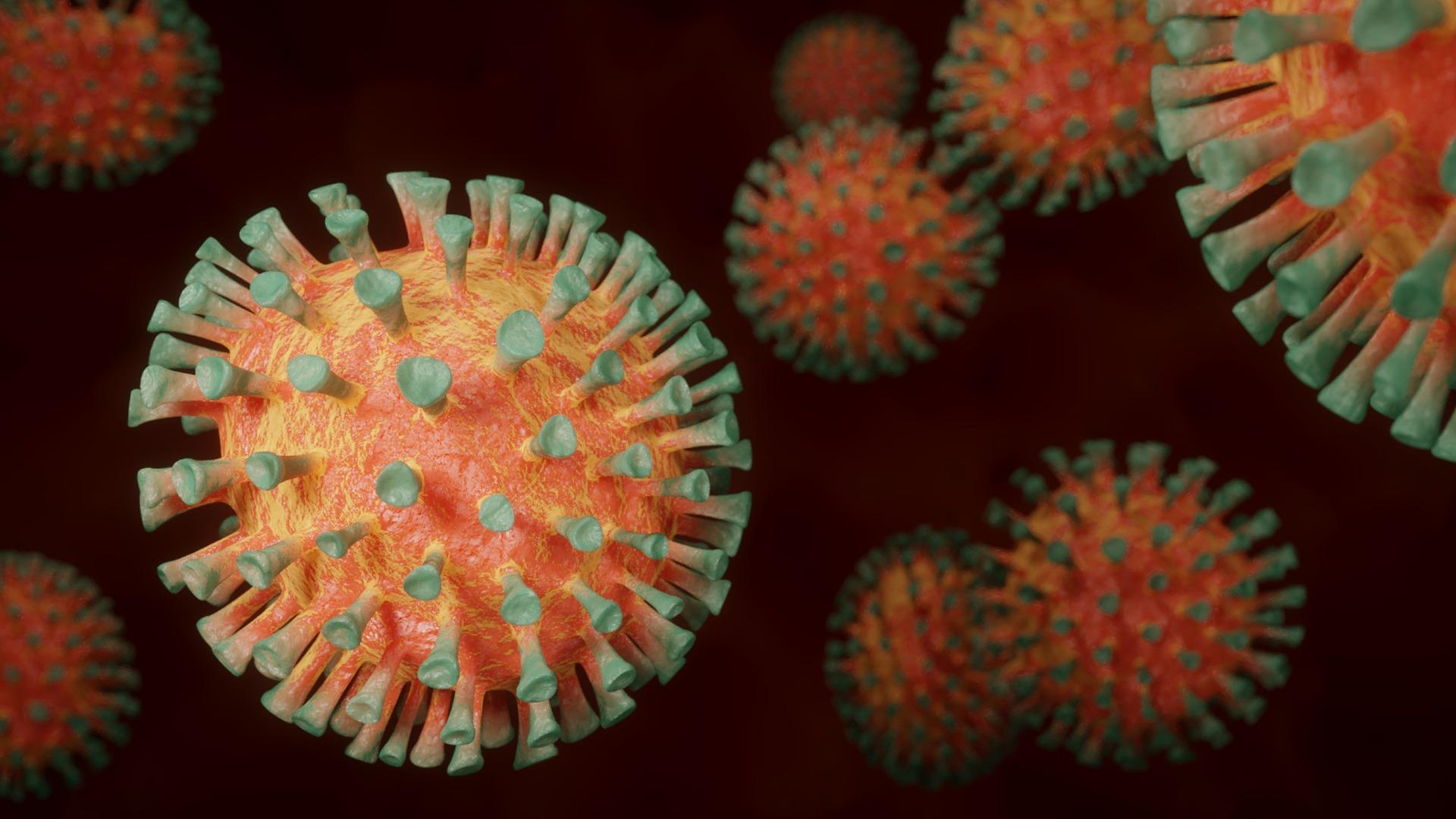SARS-CoV-2 and therapeutic approaches

We have identified host gene variants associated with SARS-CoV-2 infectivity and disease severity in patients with metabolic disorders. Our findings form the basis for the development of patient-tailored therapeutic approaches. In addition, we are searching for blockers of viral susceptibility as hit/lead substances for the development of new treatment strategies.
Background
SARS-CoV-2 infects a number of different cell types in the lung, heart, intestine and kidney via viral receptor ACE2. But the exact tissue-specific mechanisms that assist the viral entry, including the role of specific host cell targets, are still largely unknown, although they are crucial determinants of viral infectivity and pathogenesis. For example, the involvement of ACE2- associated amino acid transporters in viral entry, including the role of their genetic variants, has been largely neglected.
Aim
Using a range of biochemical assays such as micro-scale thermophoresis (MST) to determine SARS-CoV-2 receptor binding domain (RBD) binding affinity to its receptor, our goal is to clarify the roles of specific genetic variants of viral host genes in conferring Covid-19 severity. Another goal is to validate the association of the SLC6 amino acid transporter family members with ACE2 in lung airway epithelial cells, GI tract and kidney proximal tubule epithelial cells and to determine how SLC6-ACE2 interactions affects the SARS-CoV-2 binding and entry into different host cell types.
Results
Our results show that ACE2-associated amino acid transporters in the lung, kidney and intestinal cells prevent the viral entry into host cells. In addition, our studies show that the mutations in selected amino acid transporters failed to prevent the viral entry. It should be noted that a large number of patients with metabolic diseases such as type II diabetes mellitus, iminoglycinuria and acute kidney diseases have these mutations. Additionally, drug discovery efforts led to the identification of novel peptides that mimic the viral receptor ACE2. Interestingly, these ACE2 mimicking peptides significantly block the SARS-COV-2 entry into human cells. These peptides will be used for developing new antiviral therapy.
Specific contribution to tackle the current pandemic
Our finding highlights that patients with mutations in selected amino acid transporters are at significantly increased risk of developing severe Covid-19. The results can help develop patient-tailored therapeutic approaches. In addition, further understanding of these mechanisms will provide new insights into the management of lung, intestine and kidney damage. We also identified three novel ACE2 mimicking peptides , which will be useful for the development of new therapeutics against Covid 19, for example in the form of a nasal spray, as an alternative to vaccination.
Original title
New insights into the COVID-19 pandemic: Genetic polymorphisms, role of SLC6 amino acid transporters, renal aspects and therapeutic perspectives
